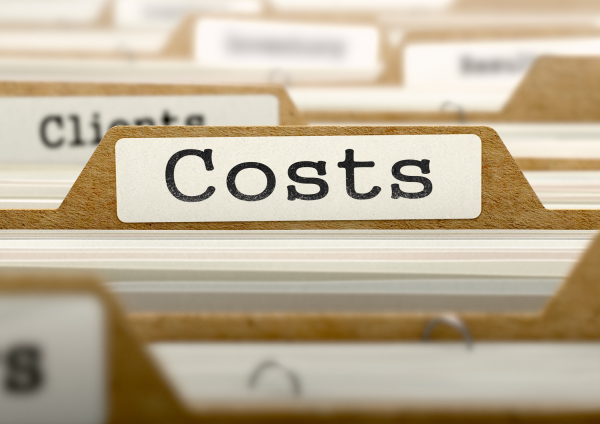“The COAG agreement on public hospital funding and health reform has put the issue of improved transparency firmly on the agenda, and this is very much in the interests of patients,” says the CEO of Private Healthcare Australia, Dr Rachel David.
“The issue of harvesting patients from Emergency Departments and pressuring them to go private is now firmly on the national political agenda and we welcome this initiative. Public hospital cost-shifting to health funds adds more to premium costs than the average year’s premium increase.
"The issue of Emergency Department harvesting of private patients adds $1 billion a year to premiums and this is paid for mostly by pensioners and low income people with private insurance,” she said.
“At best, this practice has led to anxiety and confusion in the mostly elderly medical patients affected about what they have agreed to, at worst, it undermines one of the most fundamental principles of Medicare – that patients treated in public hospitals should be prioritised on the basis of need, not the ability to pay."
The association is urging government to introduce regulatory reforms to increase the monitoring of private patient flows through public hospitals, and greater transparency on the care being provided.
“In recent years there has been a move within State Governments to raise funds by pressuring patients attending Emergency Departments to declare their private health insurance. This drives up the costs of premiums for all members, and means public patients need to wait longer.
"This issue is not about the long-standing practice of private patients being treated on an elective basis in public hospitals because of the nature of their condition, or because it is where their specialist works. This practice refers to the aggressive trawling of public emergency departments to try and convert as many patients as possible to private status.
“The practice of trawling for private patients disadvantages the whole community. Many patients who intended to be treated as a public patient are signed up after they are admitted. The end result is PHI policyholders are now subsidising the costs of public hospitals, despite having already contributed to these through their taxes."
Dr David said state and territory governments will receive a 6.5 per cent annual increase in public hospital funding under the latest agreements.
"This compares with a 3.95% increase for PHI in 2018-19. Public hospitals should be held accountable for how this money is spent and respect the rights of Medicare eligible consumers. The Medicare principles need to be adhered to and not undermined by stealth,” says Dr David.
